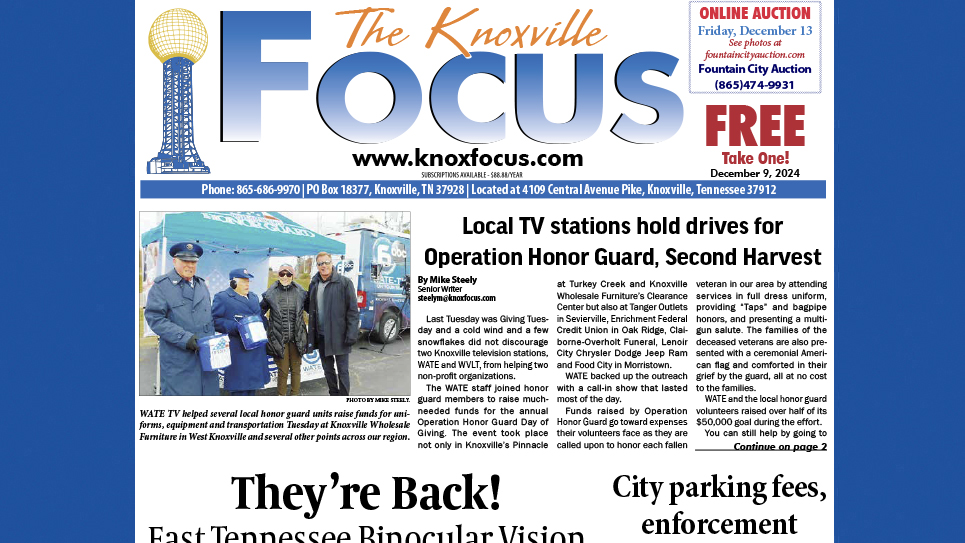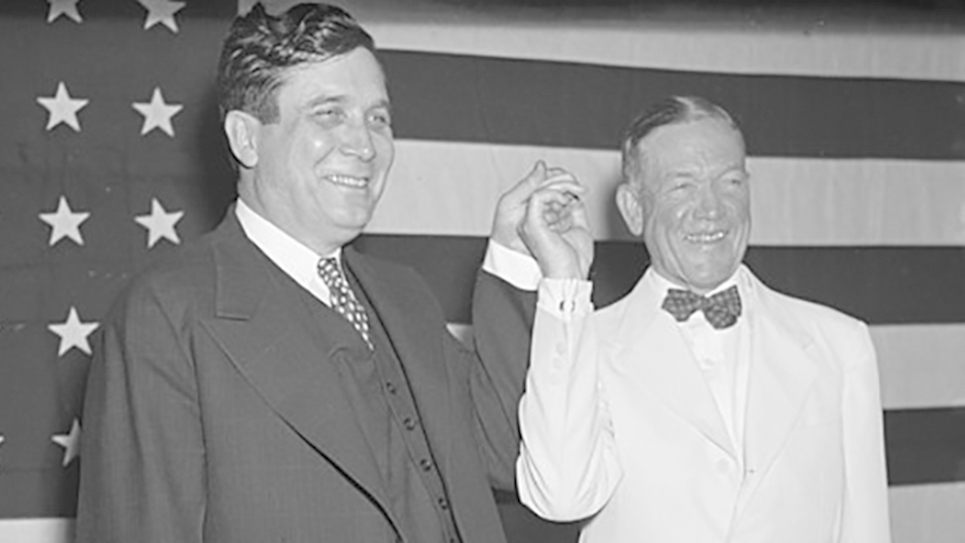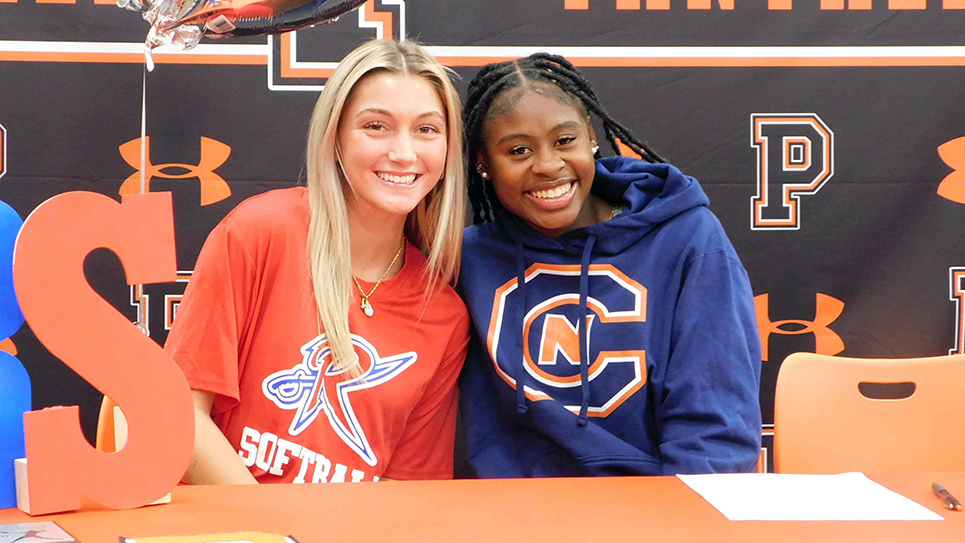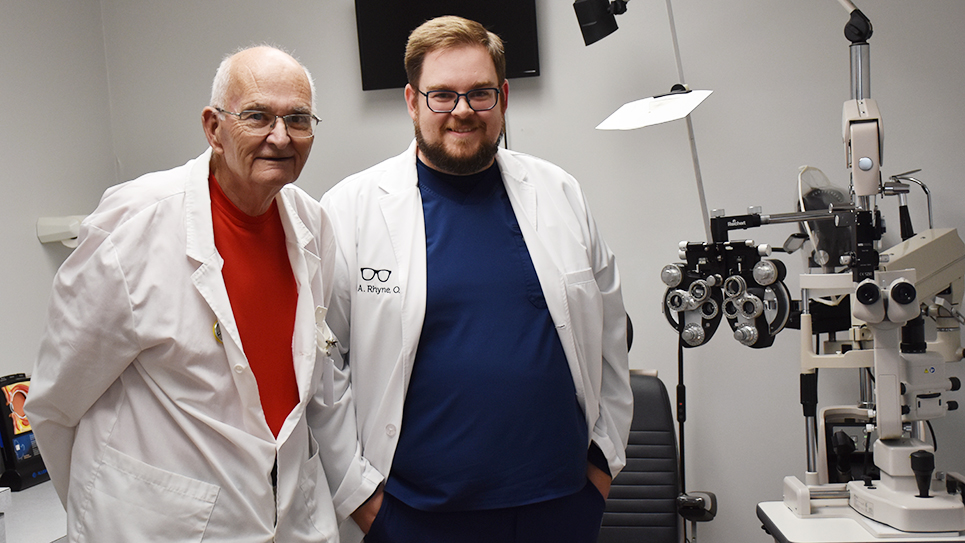Mosquitoes in Milligan Area of east Knoxville test positive for We
The latest
To reduce the risk of contracting WNV and other mosquito-borne disea
- Applying repellants to skin often when outdoors; repellants can be lotions, liquids or sprays. The CDC recommends the use of Environmental Protection Agency (EPA)- registered repellants containi
ng one of the following ingred ients: DEET, picaridin, oil of lemon eucalyptus, paramenthane-diol, 2-undecanone or IR3535. The duration of protection varies by repellant . Read labels on products to d etermine when reapplications are necessary for optimal protection. - Wearing socks and long, loose,
and light-colored shirts and pants. - Treating clothing with permethrin or purchasing
pretreated permethrin clothing . - Disposing of, regularly emptyi
ng, or turning over any water- holding containers on your property such as tires, cans, flower pots, children’s toys and trash cans to reduce mosquito habitats. - Using larvicides, such as mosq
uito torpedoes or mosquito dun ks, to prevent mosquito proliferation in large water-holding containers, including bird baths and garden water features. If used properly, larvicides will not harm animals. More tips can be found at knoxcounty.org/health/ mosquitoes.
Roads to be treated:
N Cherry St, Summit Ave, Turner St, Nichols Ave, Mundy St, Washington Ave, Jefferson Ave, N Harrison St, Rutherford Ave, Woodbine Ave, E Fifth Ave, N Hembree St, Milligan St, N Elmwood St, N Castle St, N Mary St, Manor Dr, N Beaman St, Ace Miller Way, Crawford Ave, Lakeside St, Kirkwood St, Hampton Ave, and Knoxville Zoo Dr. will be treated Tuesday, Aug. 15, weather permitting. A map of this area is attached below.
Frequently Asked Questions:
If someone doesn’t want their yard to be sprayed, what can they do?
For those who request that KCHD not spray their yard, we can put “No Spray” signs in these yards. To opt out, please call KCHD’s environmental health program at (865) 215-5200.
* If you are a bee keeper and do not want your area sprayed, please call (865) 215-5200.
After KCHD sprays this area, what is the next step?
Traps will continue to be set out throughout the county and monitored. If this location or another location identifies another WNV positive mosquito, then we will spray again.
What special precautions need to be made?
No special precautions are necessary, but KCHD encourages the community to continue with best practices of mosquito prevention, listed above.
Is the spray that KCHD uses toxic?
The spray is non-toxic to children and pets. KCHD also sprays at night to minimize the harm to pollinators.
About Knox CountyHealth Depart
The first health department in Tennessee to achieve national voluntary accreditation by the Public Health Accreditation Bo






